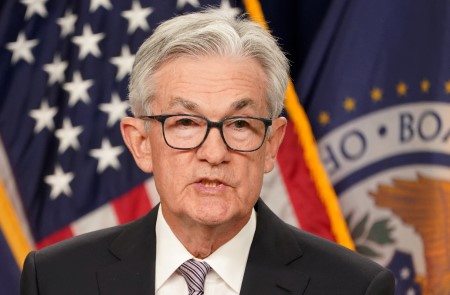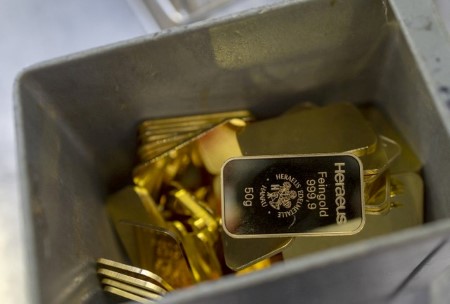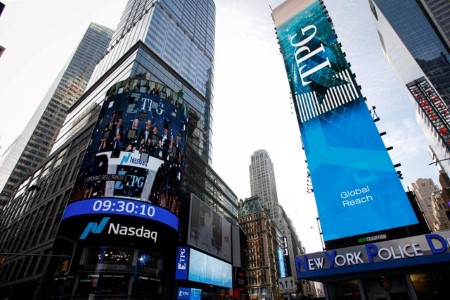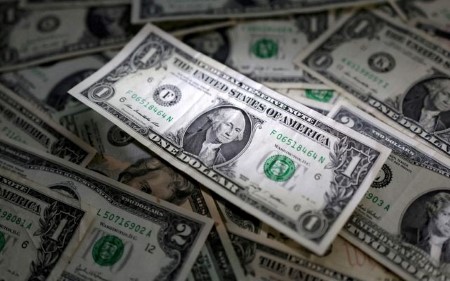NEW YORK, June 22 (Reuters) – Oil futures fell about 4% on Thursday, as a bigger-than-expected Bank of England rate hike prompted worries about the economy and fuel demand that outweighed support from a surprise draw in US oil supplies.
Brent futures settled down USD 2.98, or 3.9%, to USD 74.14 a barrel. US West Texas Intermediate (WTI) crude futures were down USD 3.02, or 4.2%, at USD 69.51.
The benchmarks erased gains from the previous session, during which US corn and soybean prices raced to multi-month highs, raising expectations that crop shortfalls could lower biofuels blending and increase oil demand.
The Bank of England raised interest rates by a bigger-than-expected half a percentage point to fight stubborn inflation. It was the central bank’s 13th straight rate hike.
Higher interest rates could slow economic growth and reduce oil demand.
Feeding caution, US Federal Reserve Chair Jerome Powell said two more rate hikes of 25 basis points each by the end of the year was “a pretty good guess.”
“We’re locked in a trading range but prices are held back by the concerns about the economy, the larger economy,” said Phil Flynn, an analyst at Price Futures Group.
Equities, which often move in tandem with oil, were also down.
In supply, US crude inventories fell by 3.8 million barrels in the last week to 463.3 million barrels, compared with analysts’ expectations in a Reuters poll for a 300,000-barrel rise.
US gasoline stocks rose by about 480,000 barrels in the week to 221.4 million barrels, the Energy Information Administration (EIA) said, compared with analysts’ expectations in a Reuters poll for a 100,000-barrel rise.
Distillate stockpiles, which include diesel and heating oil, rose by about 430,000 barrels in the week to 114.3 million barrels, versus expectations for a 700,000-barrel rise, the EIA data showed.
“Given the decline in crude oil and the very modest increases in refined products inventories, I would have thought we would get a better response from the market, but the crude oil and refined product market is simply being weighed down by higher interest rates,” said Andrew Lipow, president of Lipow Oil Associates in Houston.
Investors are now awaiting Chinese factory activity data due next week, which could indicate the strength of China’s economy.
An executive at US shale producer EOG Resources EOG.N said oil prices could rise as muted increases in US oil production and cuts by OPEC+ producers will limit supply in the months ahead.
(Reporting by Stephanie Kelly; additional reporting by Shadia Nasralla and Jeslyn Lerh;
Editing by Conor Humphries, Mark Potter, and David Gregorio)







 DOWNLOAD
DOWNLOAD











